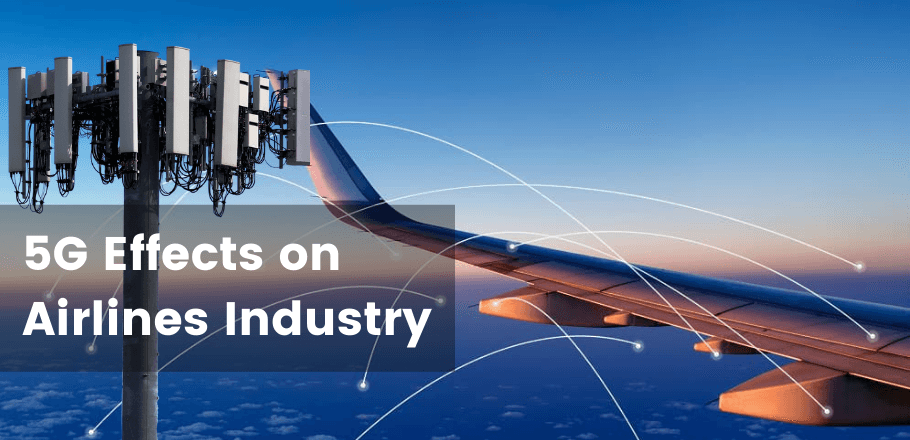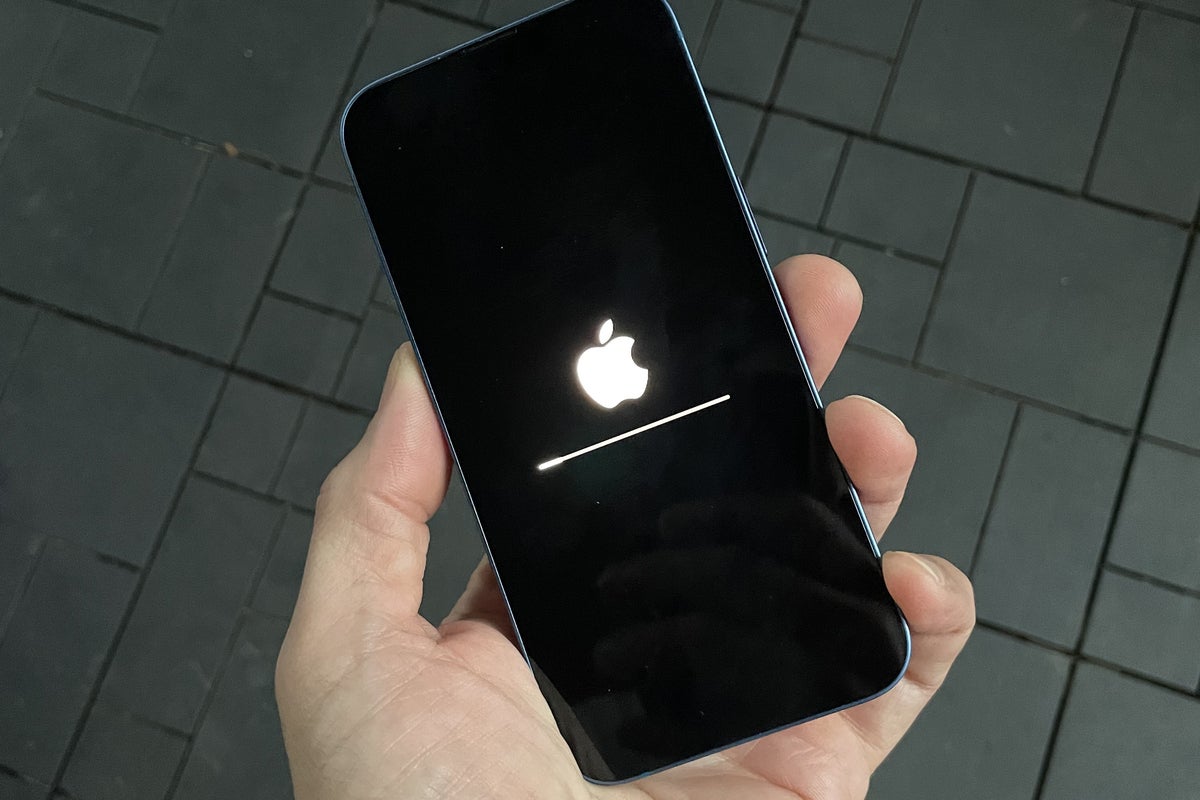As if flying isn't already stressful enough, having to worry about the latest coronavirus variants, unruly passengers, and the latest travel scams, should you also be concerned about the 5G rollout? This leads to today's hot topic, the 5G effect on airlines.
Over the last few weeks, you may have heard about flights getting canceled in the United States due to concerns over the rollout of 5G on cellular devices.
It's not just airlines who are concerned either--the Federal Aviation Administration (FAA) is also critical of this move.
What is 5G?
5G is the newest network upgrade that allows people to upload and download data faster while also letting more devices access the internet simultaneously. More radio signals will be used for this to happen.
Verizon and AT&T planned to roll out 5G services to customers on January 19, 2022. This network of radio frequencies that will be used for 5G operates at a frequency range between 3.7GHz and 3.98GHz, known as C-Band.
While the rollout has been ongoing, there have been some postponements around airports.
The 5G effect on airlines, why is it an issue?
For their 5G services, Verizon and AT&T need frequencies that are close in range to the ones used by radio altimeters on airplanes.
Radio altimeters are essential to an aircraft because they measure altitude and provide safety and navigational data.
Radio altimeters operate in the 4.2-4.4 GHz range, which isn't far from the C-Band range.
This is crucial information needed for pilots, especially when the aircraft is landing under conditions with low visibility, clouds, inclement weather, or even mountain regions. Because of this, there are concerns about how these frequencies may interfere with the aircraft's instruments. It also could cause delays and cancelations, creating a domino effect across airports.
Though other parts of the world use 5G, this isn't an issue in other countries because they use a lower or further frequency and less power.
A higher frequency means faster service. Some countries, like France, have created a buffer zone around airports, where 5G towers can avoid interfering.
Note that T-Mobile (who recently acquired Sprint) uses 5G services but is not a concern to the FAA or airlines because it does not operate on the C-Band frequency.
What does this mean for travelers?
Initially, there were concerns about Americans being stuck abroad due to many international destinations canceling flights to the United States. This is because larger aircraft, such as the Boeing 777s, were grounded until they could be cleared for safety. Air India and ANA canceled flights. Some domestic flights were delayed as well.
However, the FAA has been working to prioritize safety in areas where the C-Band interference could occur. Because they are currently working to determine which areas and aircraft are safe, they recommend travelers check with airlines to ensure their flights are not affected. Though, many airports and planes have already been cleared.
It's not just travelers that would be affected either. Cargo and shipping planes also need to be cleared. AT&T and Verizon have agreed to temporarily postpone the 5G rollout on wireless towers located near several major airports in the United States.
They are also creating temporary buffer zones around select airports, though they are not as big as the ones in France. Though it is uncertain how long the postponement will last, President Biden commended Verizon and AT&T.
The FAA will need to continue to monitor aircraft for safety at affected airports and on affected aircraft.
-black.png)










